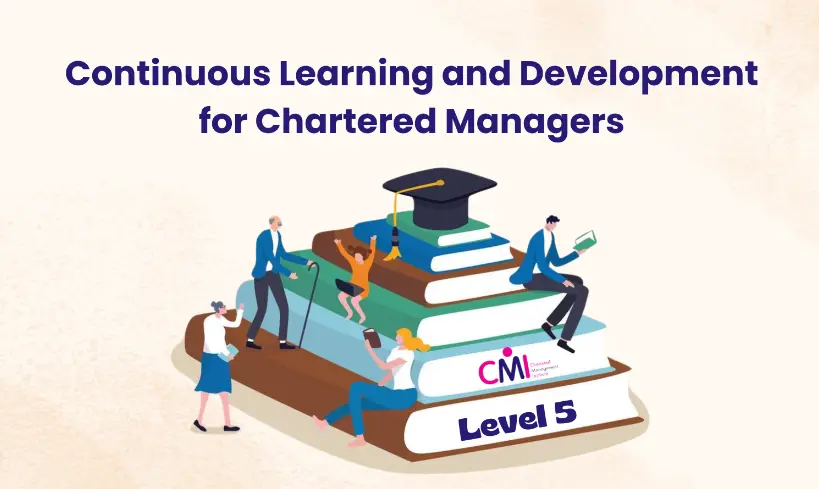Tax debt is a challenge many Americans face, but it’s not just a financial issue—it’s a problem that can snowball into something far more overwhelming if left unaddressed. Ignoring tax debt may seem like an easy short-term solution, but the long-term consequences can be severe and far-reaching. From escalating penalties to damaged credit scores, the risks are too significant to dismiss.
Taking proactive steps and seeking assistance from resources like the irs resolution department can make all the difference in resolving tax issues and safeguarding your financial future.
Increased Financial Consequences
This is not to mention that the IRS does not sit back when tax debt is not paid. It can also trigger penalties and interest, which accumulate almost as soon as the loan is taken and add to the total amount that has to be paid back over time. What may first appear as a small loan may soon become a problem that seems impossible to solve.
Penalties for unpaid taxes are charged on an interest basis, compounded monthly or quarterly, if preferred. To those struggling to make ends meet, such other expenses make the merry-go-round of misfortune a growingly difficult one to leave.
Besides interest, the IRS levies penalties for late payment, which range from 0.5% of the unpaid taxes for each month they remain unpaid to a maximum of 25%. This penalty increases with time, and there is an additional penalty for filing the tax return late. Altogether, these costs put a very high price tag on the original amount owed, which may quickly turn a simple problem into a full-blown catastrophe.
These penalties only apply if the taxpayer has not made any efforts towards paying off the tax debt or has only paid part of it, and the payment was made after the tax deadline.
On Credit and Financial Stability
While actual tax debt itself is not listed on your credit report, it does not mean it can damage your financial status. If the IRS files a tax lien on you, that lien is a public record that informs other creditors of your assets. Tax liens can ruin a credit score, making it very difficult to get loans, mortgages, or even reasonable interest rates. Sometimes, they can result in wage garnishments or bank account levies, shifting your financial base from under your feet.
It is even worse for individuals or small business owners because the consequences can be much more profound. Credit lines may be blocked entirely, slowing down the companies’ development and increasing pressure on the financial system. It also affects people’s interpersonal relationships because the pressure of unpaid taxes follows one into other spheres. Early intervention not only ceases these complications but also means you are doing all you can to solve the problem.
The Stress of Unpaid Taxes
Debt is one of the most common causes of stress, and tax debt is no exception. The constant spectre of the IRS, whether in the form of liens, levies, or wage garnishments, can be stressful. Many taxpayers’ self-assertion is very weak. They do not know how to confront the problem, so they prefer to ignore it. However, avoidance only adds to the emotional burden, thus forming a vicious cycle of worry and inaction.
The pressure of tax dues is not just limited to the person who owes the government but extends to his or her family. We see families and loved ones taking the load since financial problems cause relationship stress and hardship sacrifices. This can, however, be eased by seeking professional help as early as possible.
Companies dealing with tax relief provide a financial remedy and support and assistance in dealing with the issue and handling the IRS on your behalf.
Why Early Action Makes a Difference?
One of the biggest secrets of dealing with tax debt is to face it squarely. Timely action can stop worsening penalties, avoid placing liens or levies on your property, and save money. There are options like the IRS Fresh Start Initiative or even an installment agreement, which can give a person a way to work through their tax issue, but many of these options are temporary. If one waits for a long time to take action, then she or he will be left with very few options and much more costs.
Further, engaging in professionals in tax resolution means you are supported in this challenging field. Hiring professional help is essential since they can talk to the IRS on your behalf, and you will be able to take advantage of any relief programs or have your rights violated. Therefore, when you address the issue quickly, you can get back on your financial feet and avoid all the associated costs of tax debt.
Conclusion
To be more precise, tax debt is not only the actual sum of money that has to be paid now but also a range of other problems that have to be solved. The fines, credit consequences, and emotional costs explain why it is impossible to sit on the sidelines. But like most diseases, if one is diagnosed early, there is always hope that he can do something about it.
If you get assistance from the irs resolution department or talk to tax specialists, you will avoid the adverse outcomes and set a positive example for your future. Early action is not an option – it is the basis for long-term peace of mind.




